Healthy Future Cities: Scoping Conference
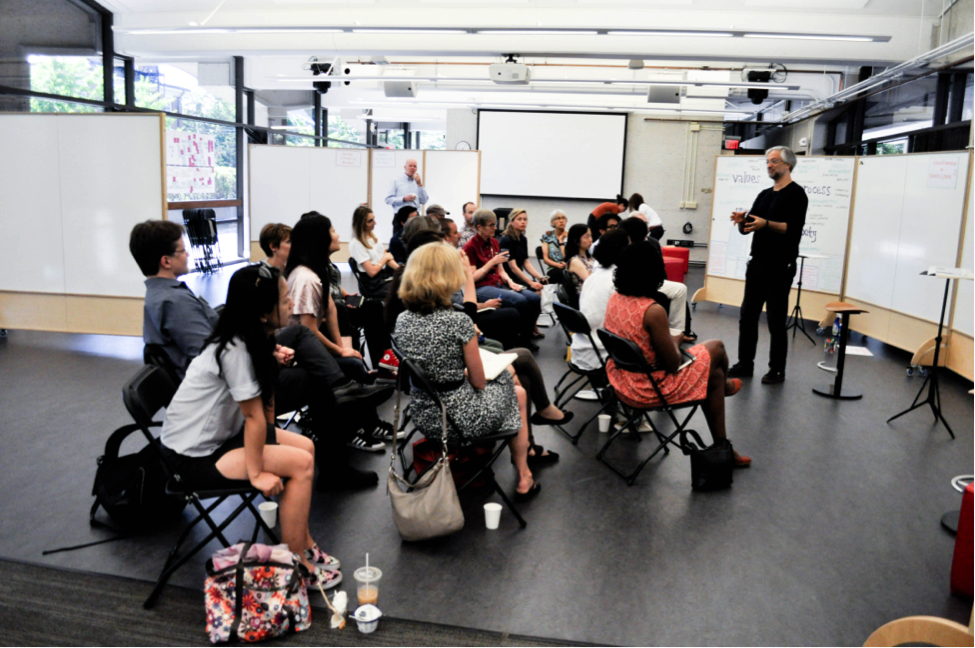
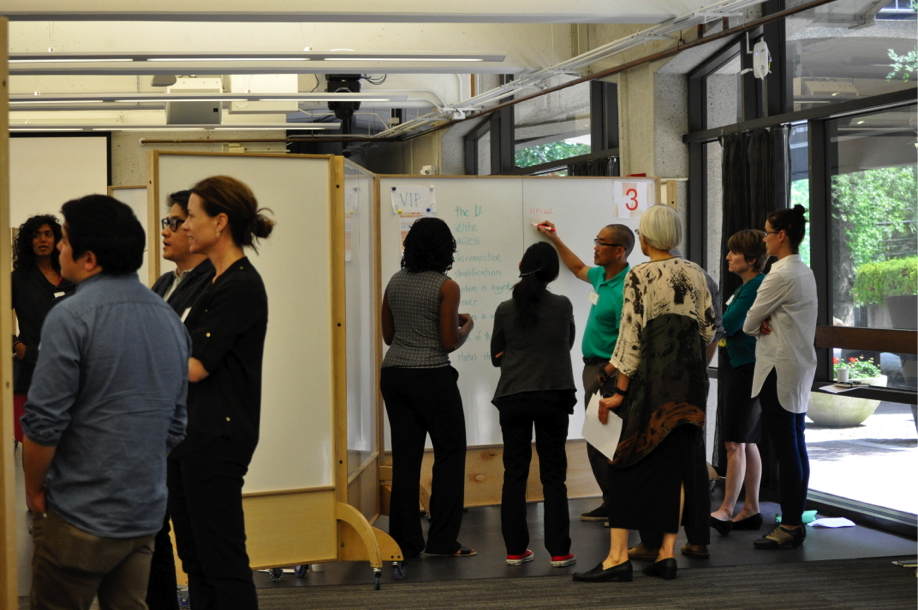
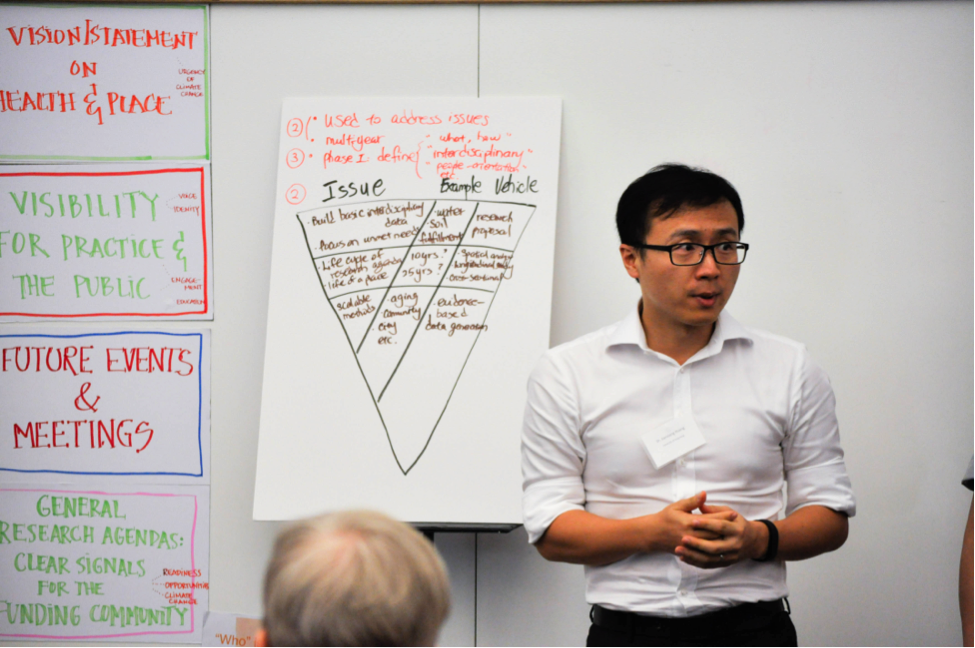
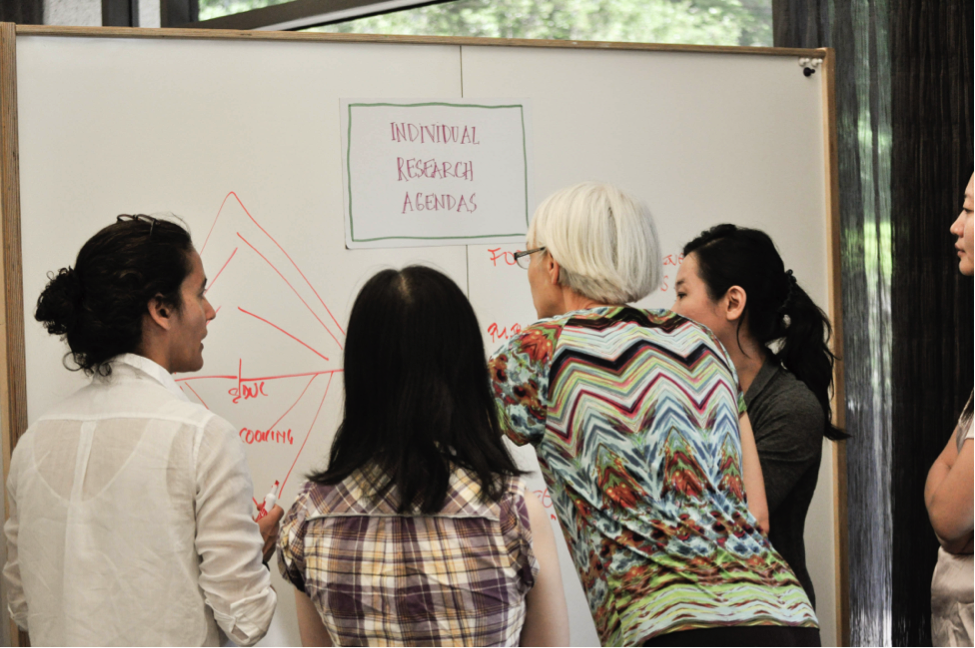
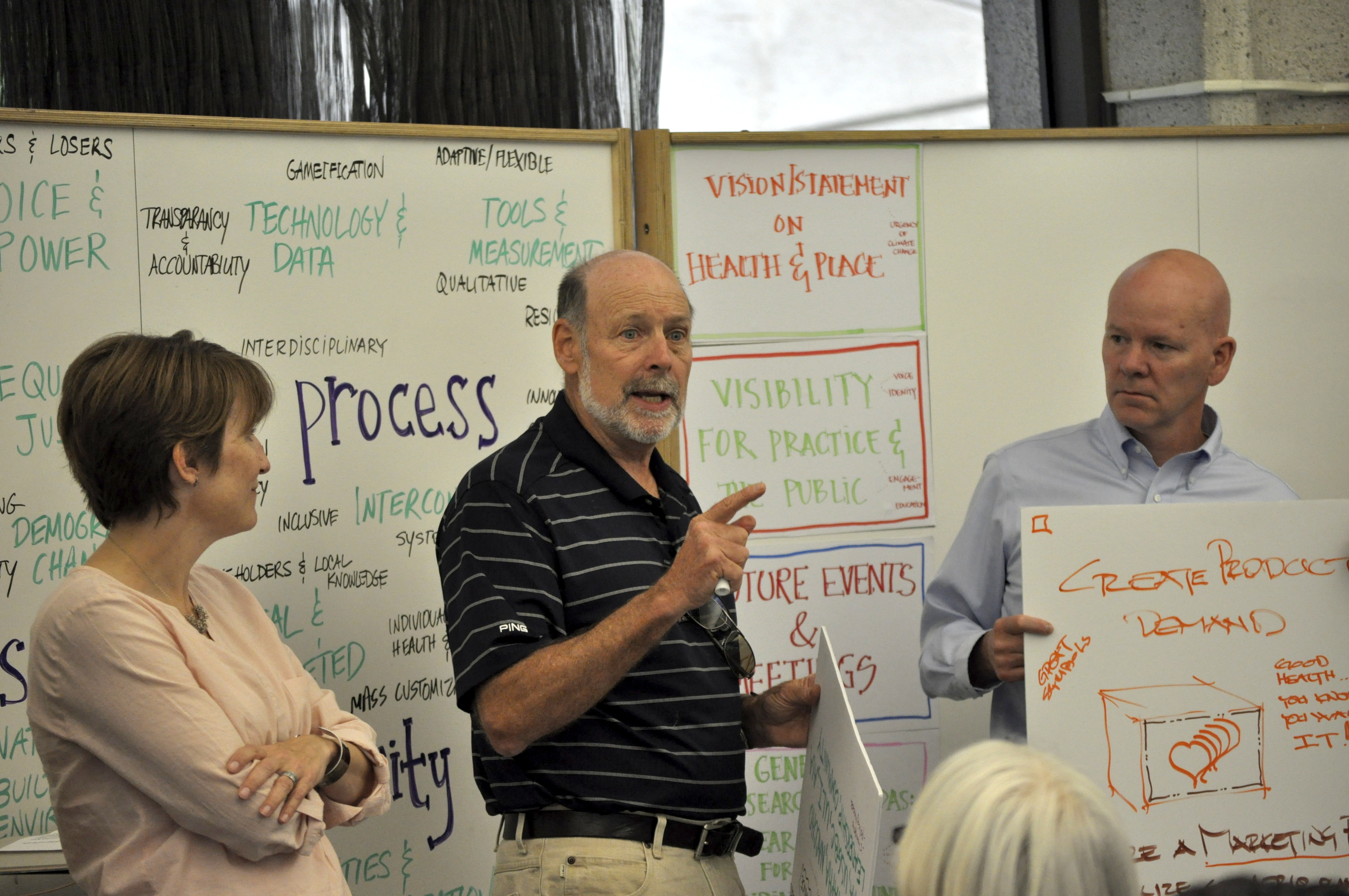
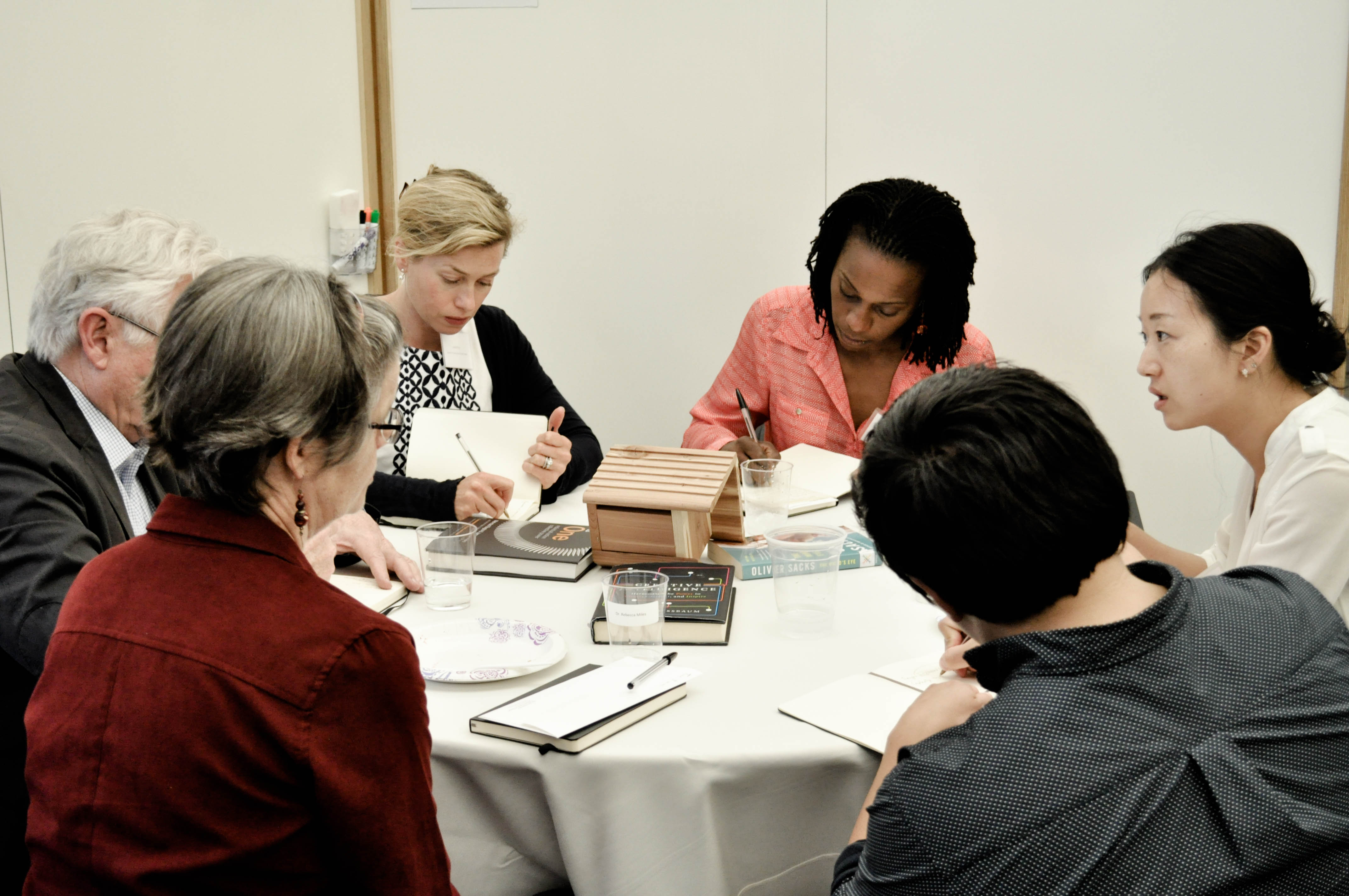
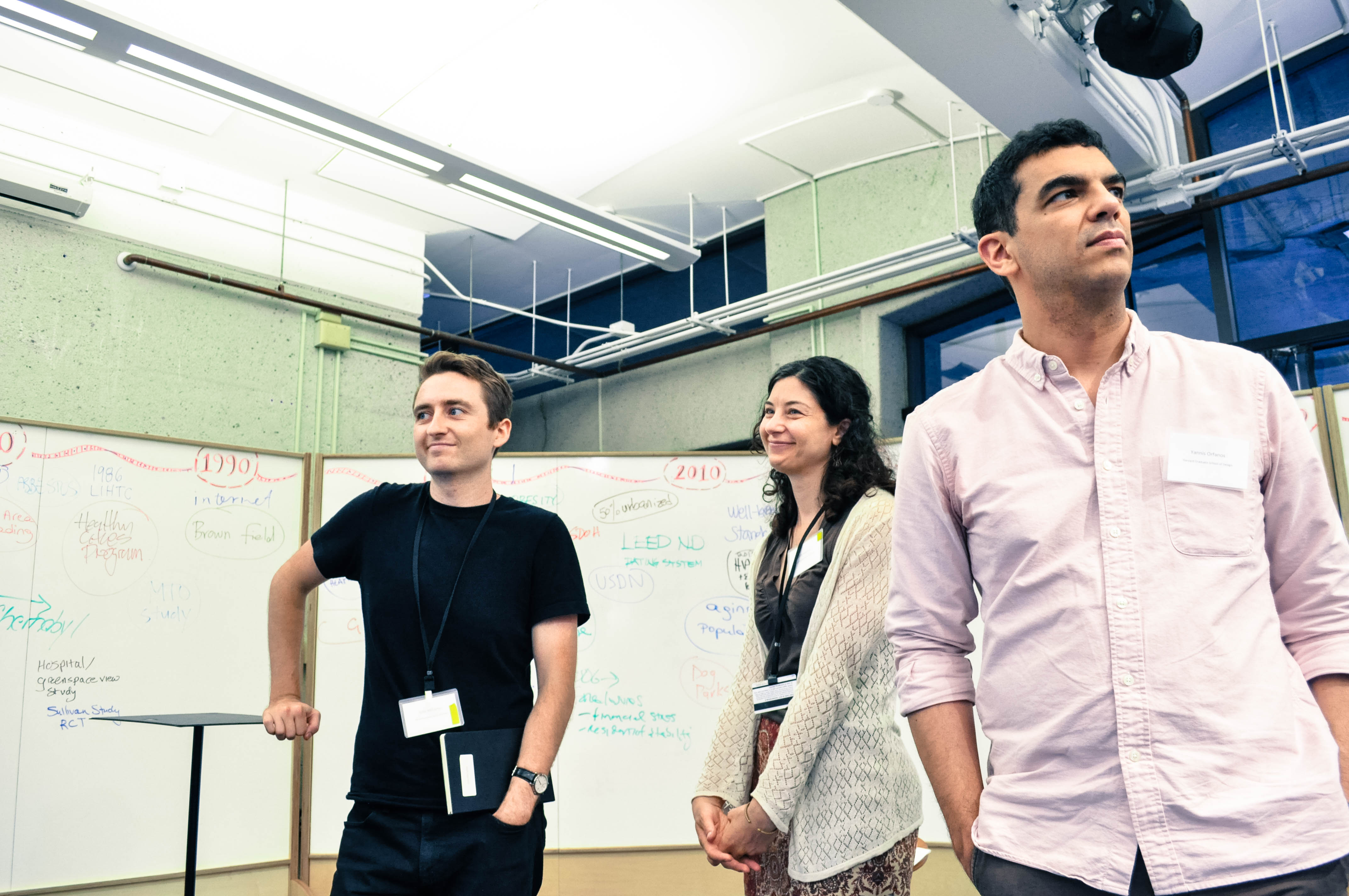
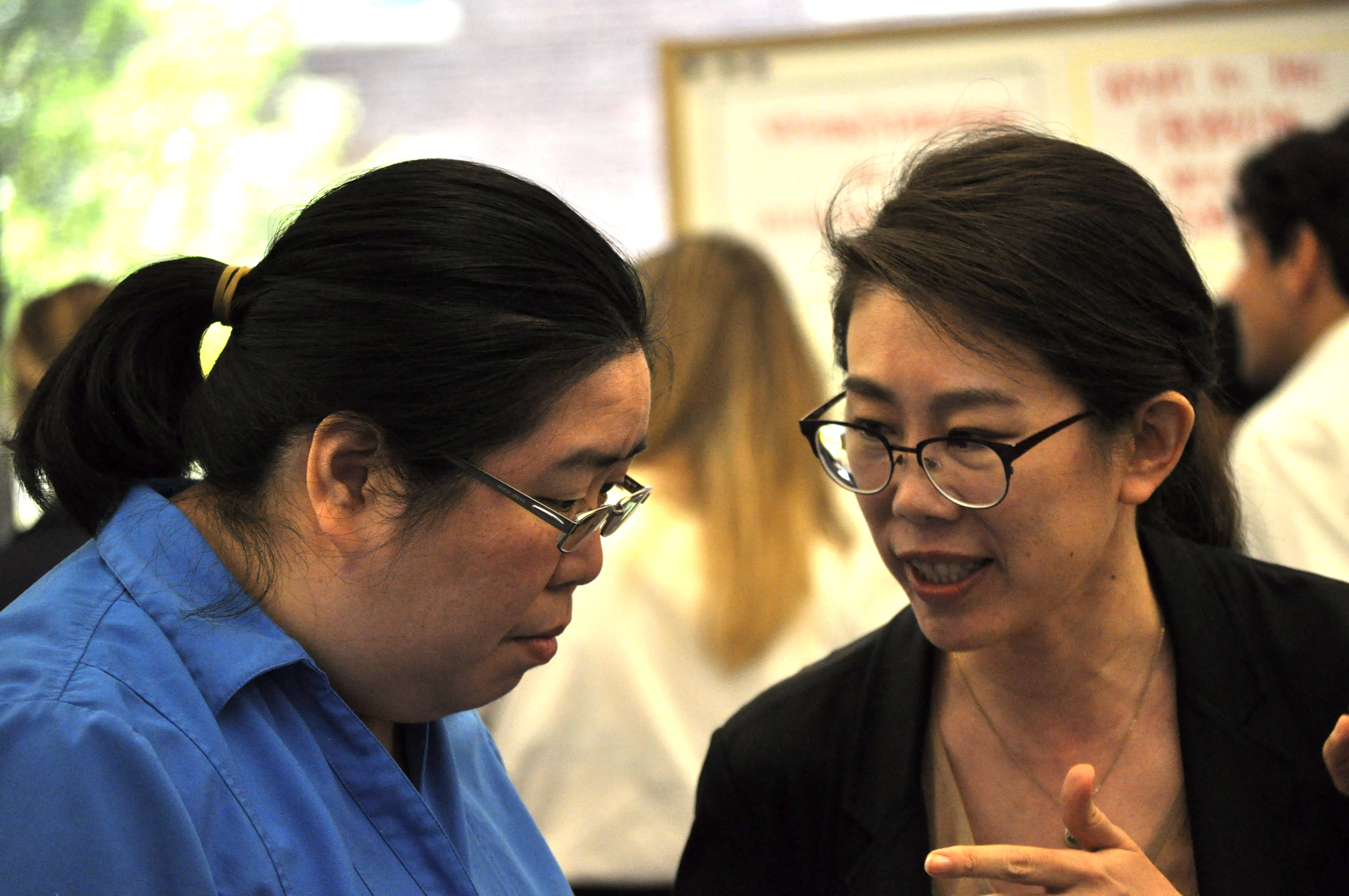
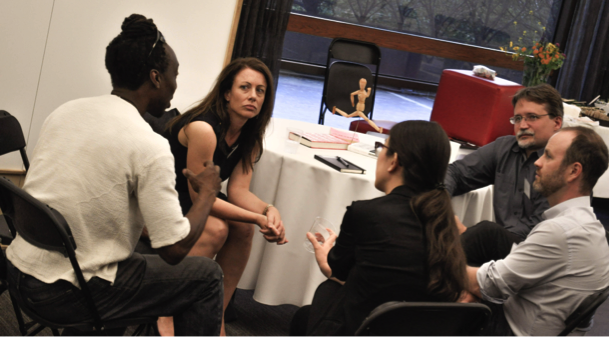
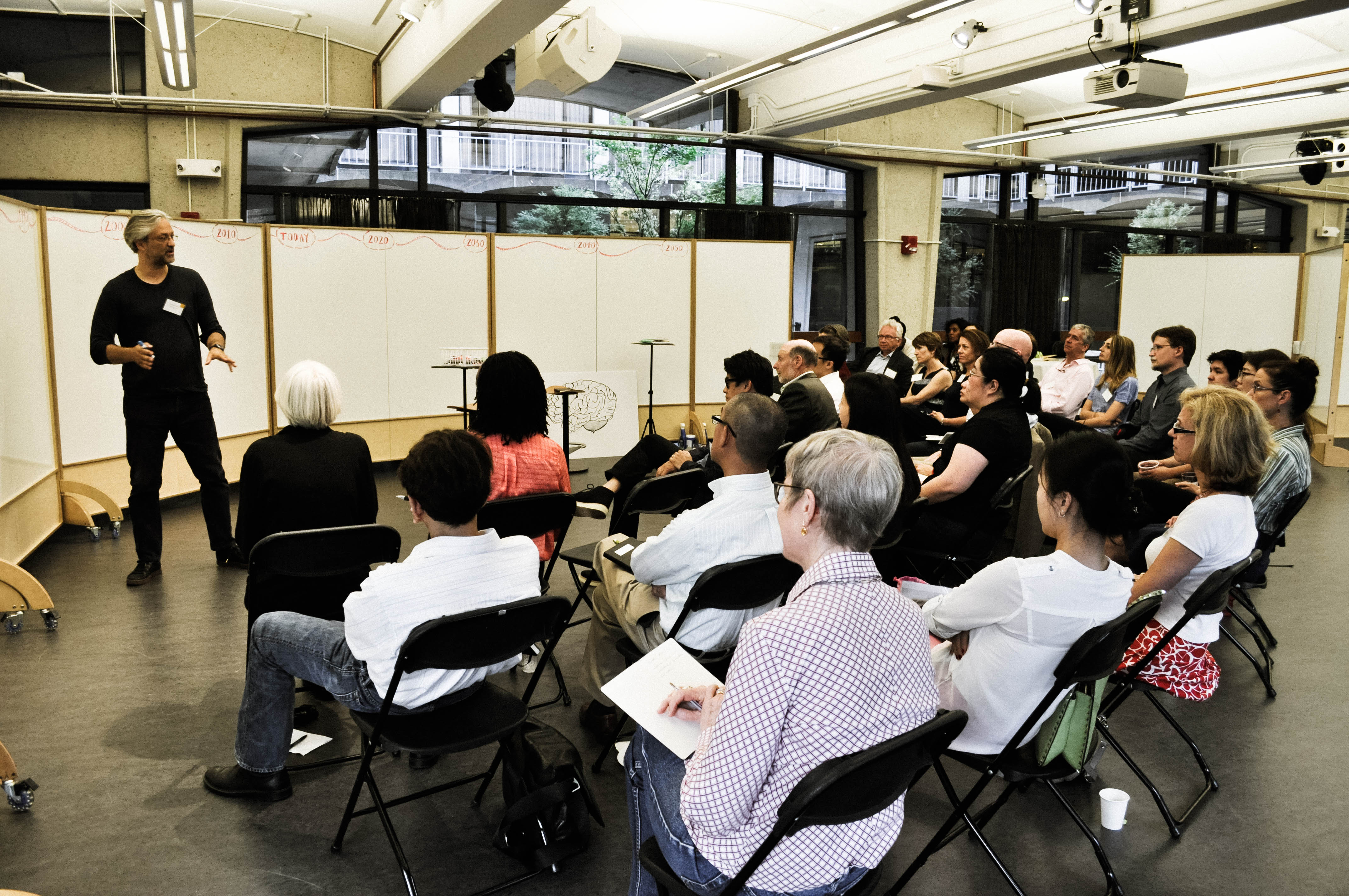
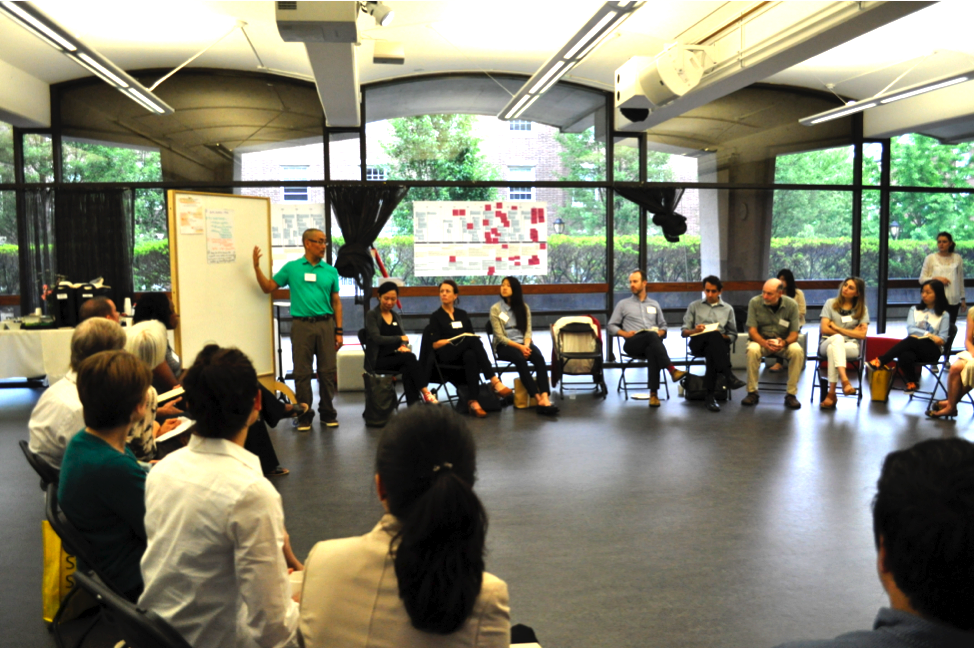
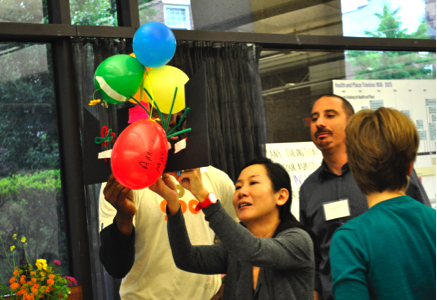
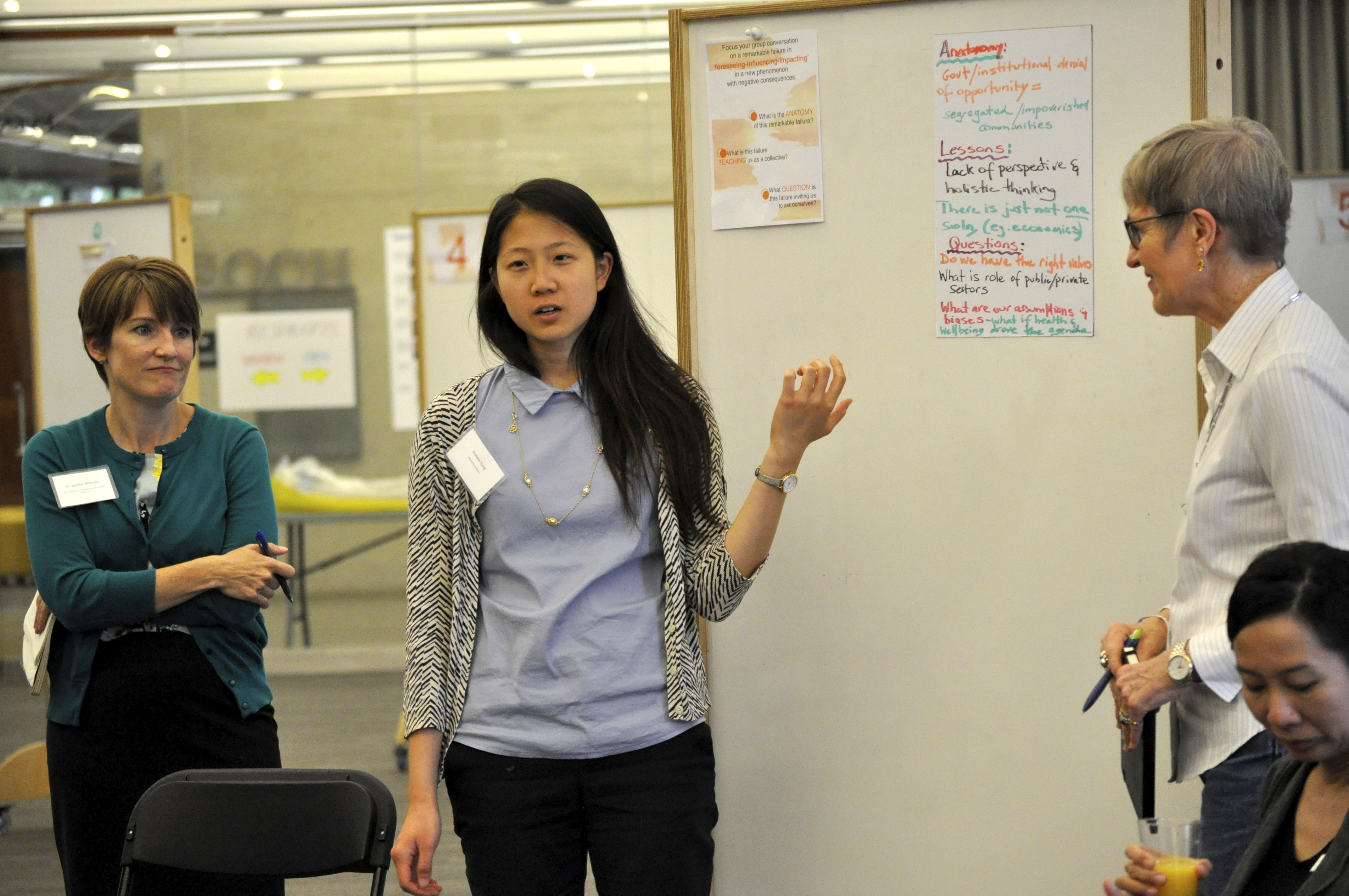
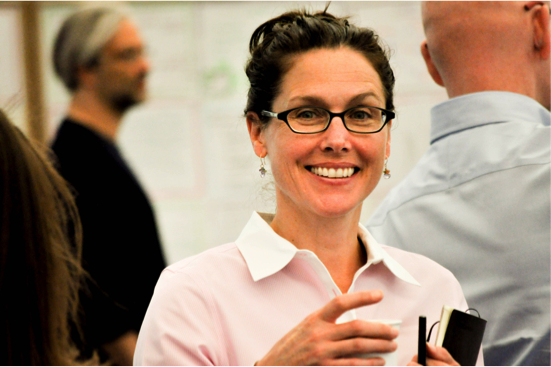
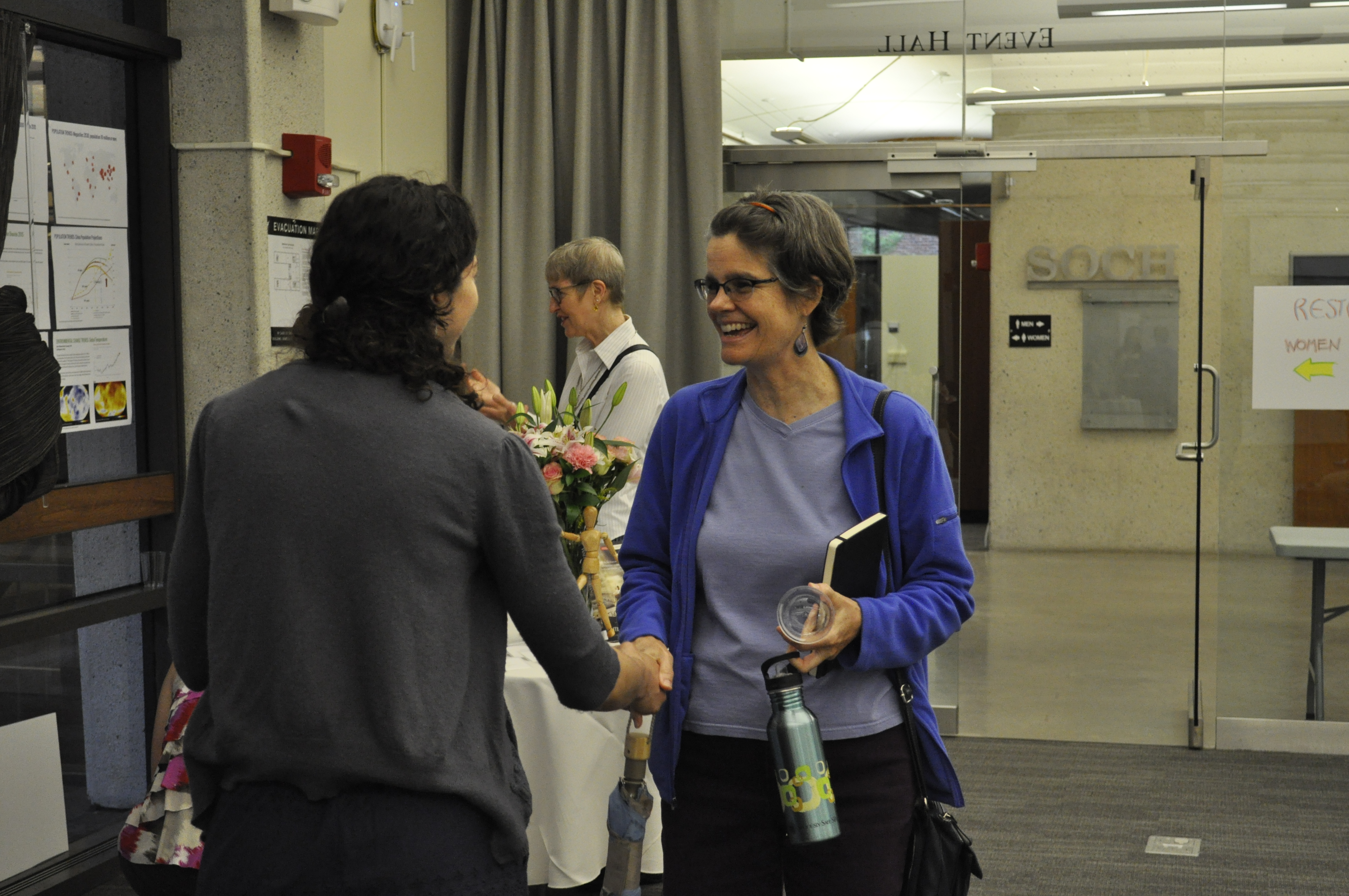
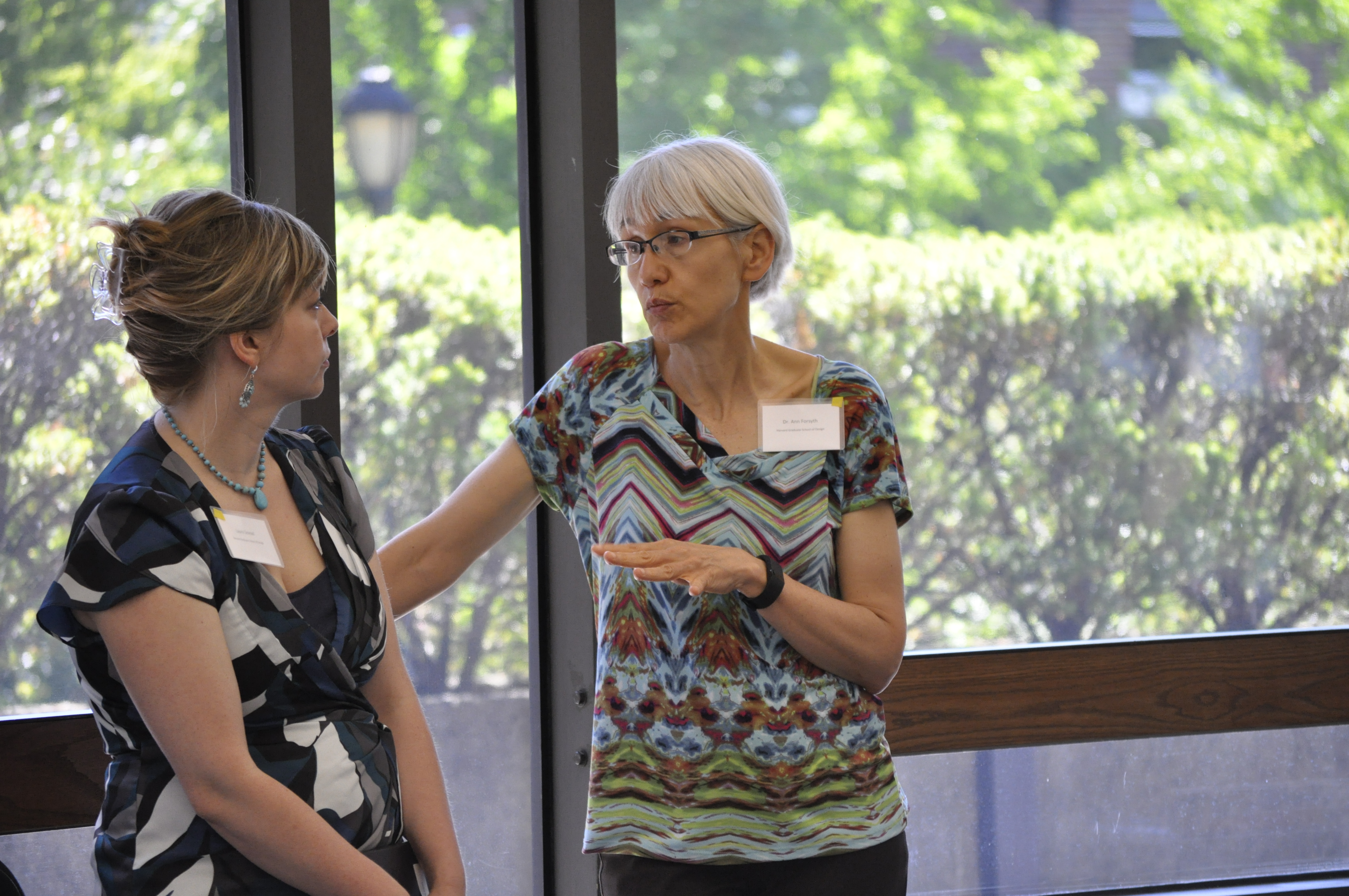
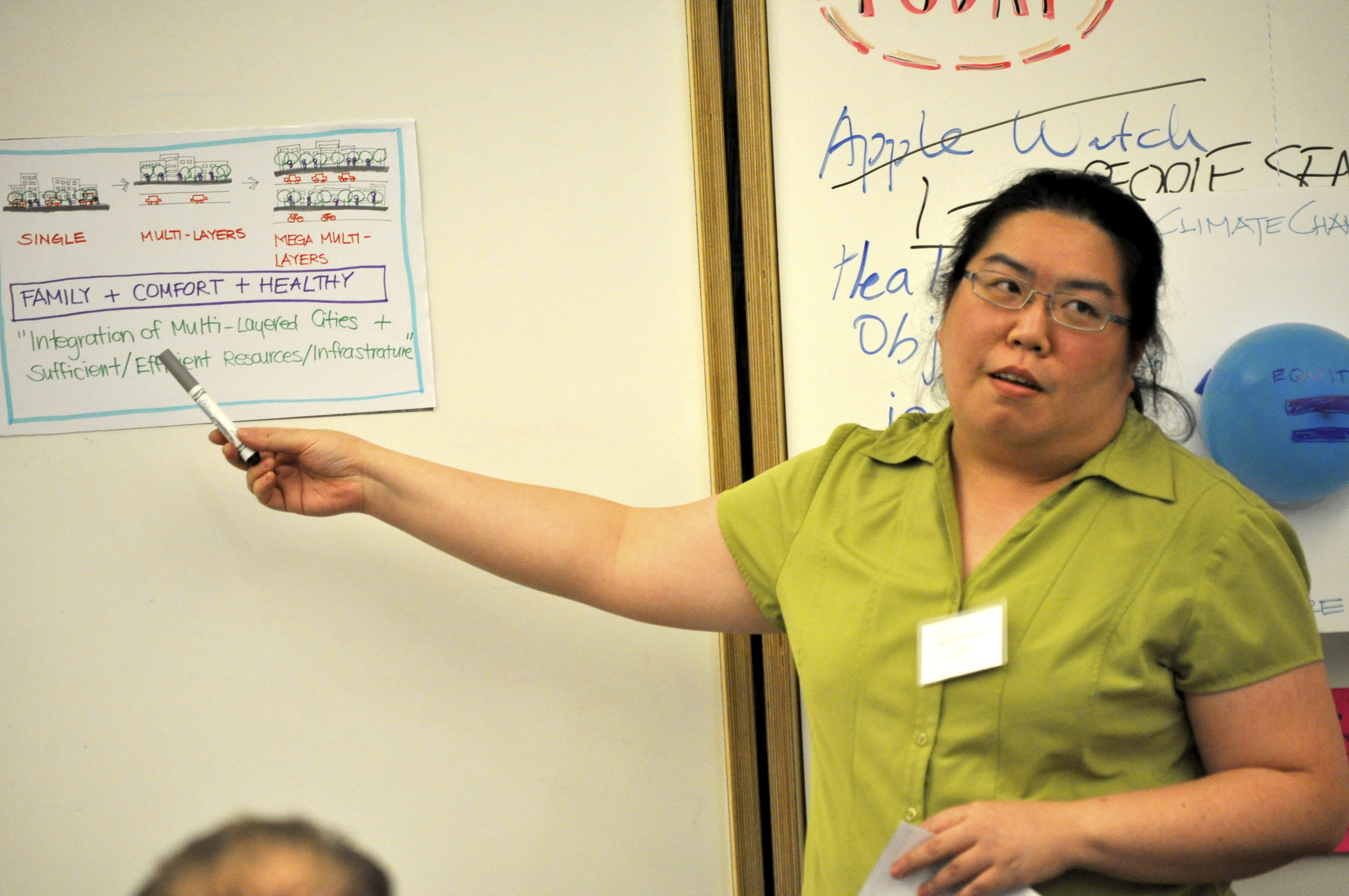
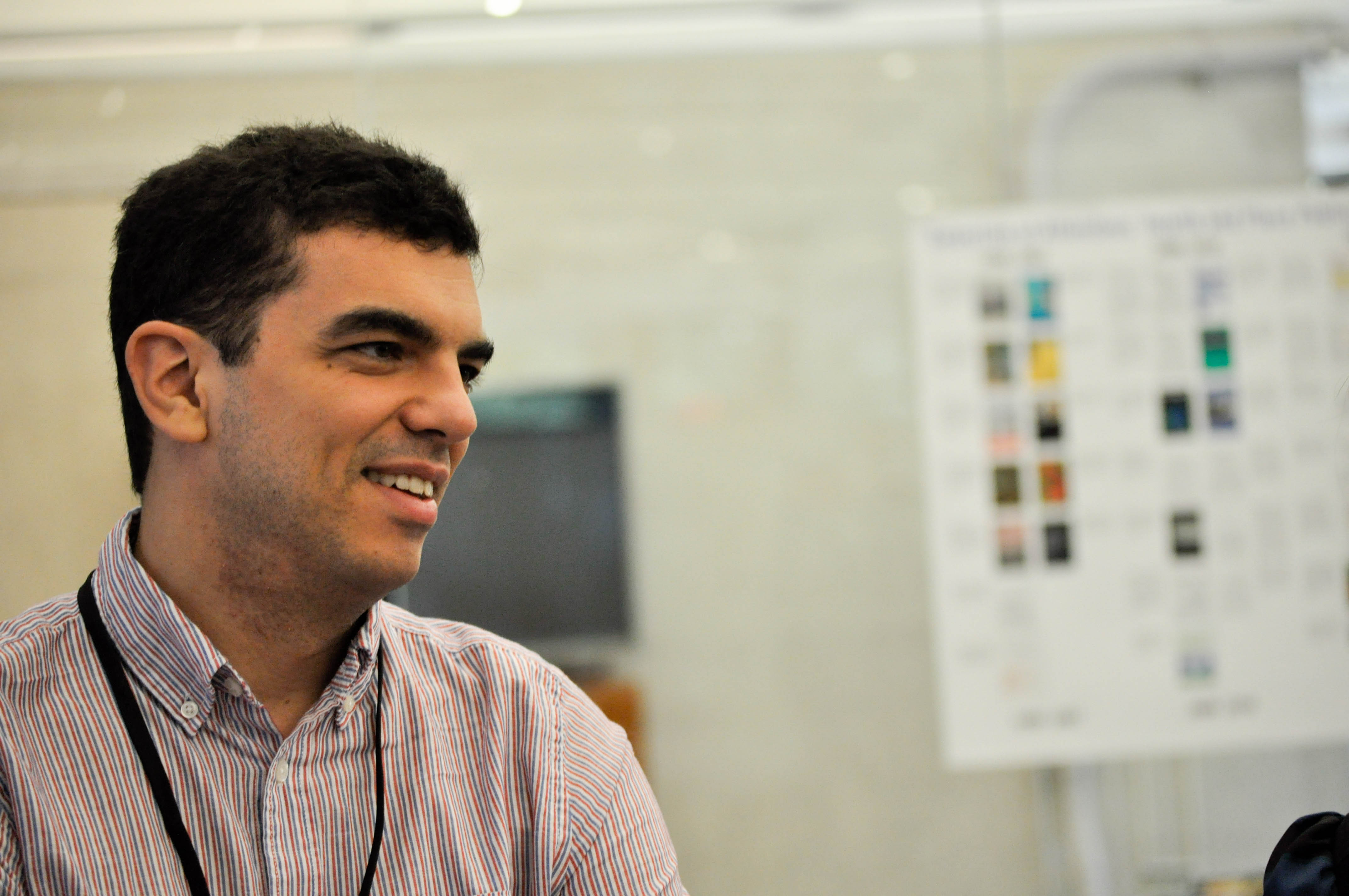
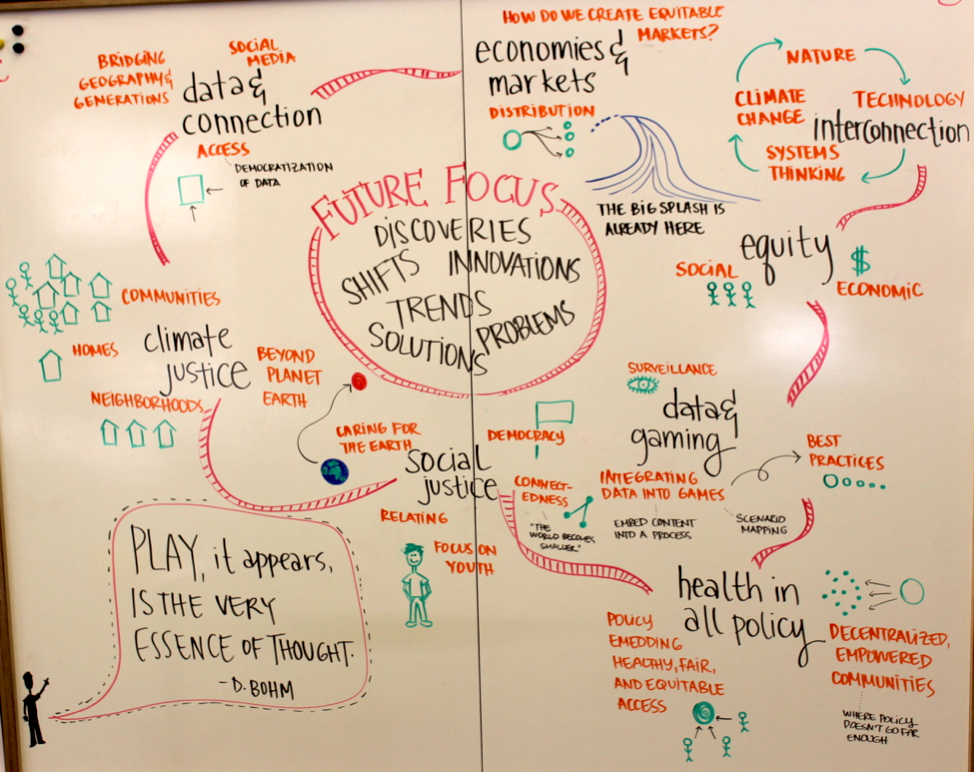
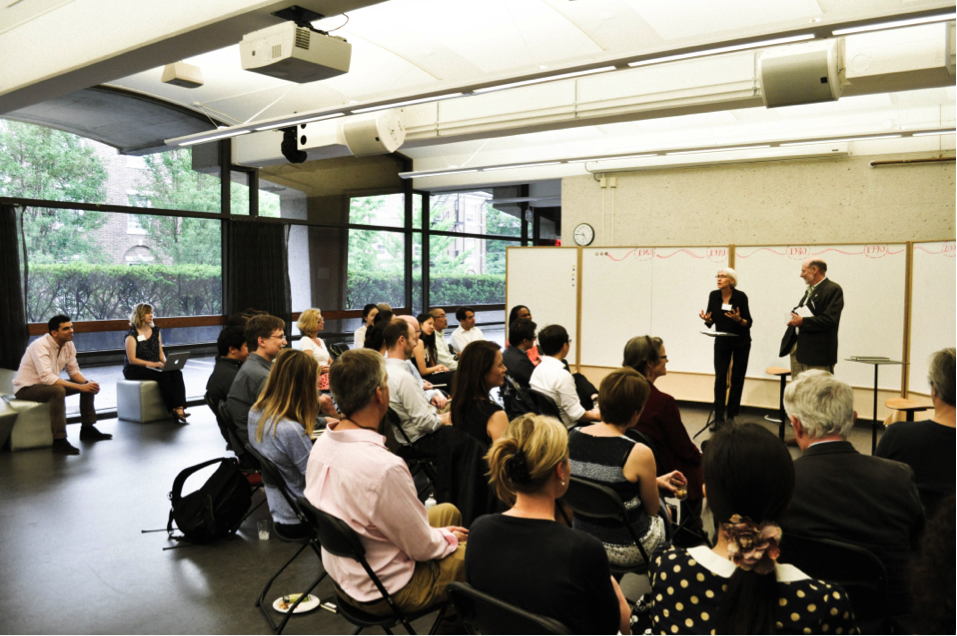
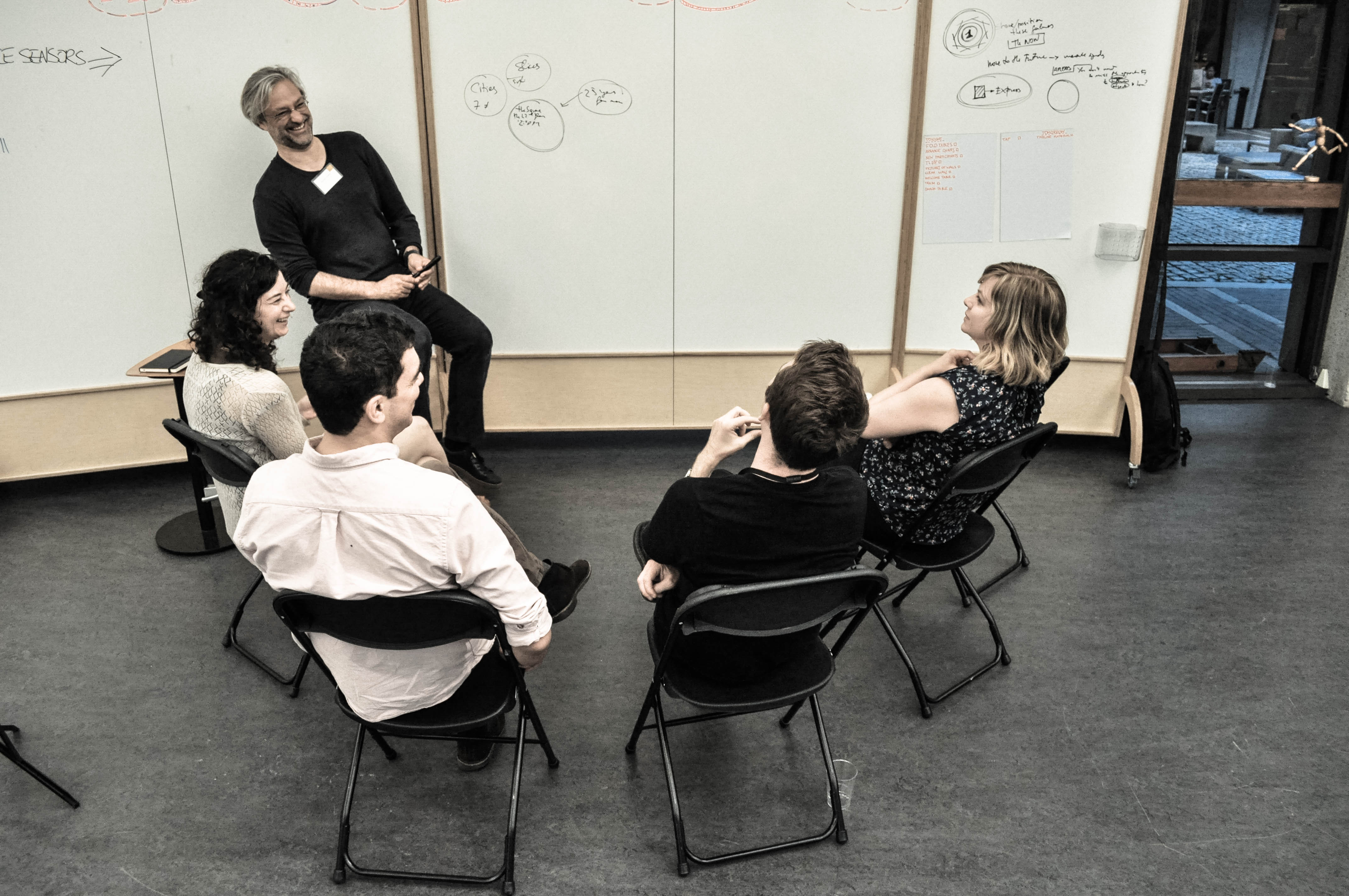
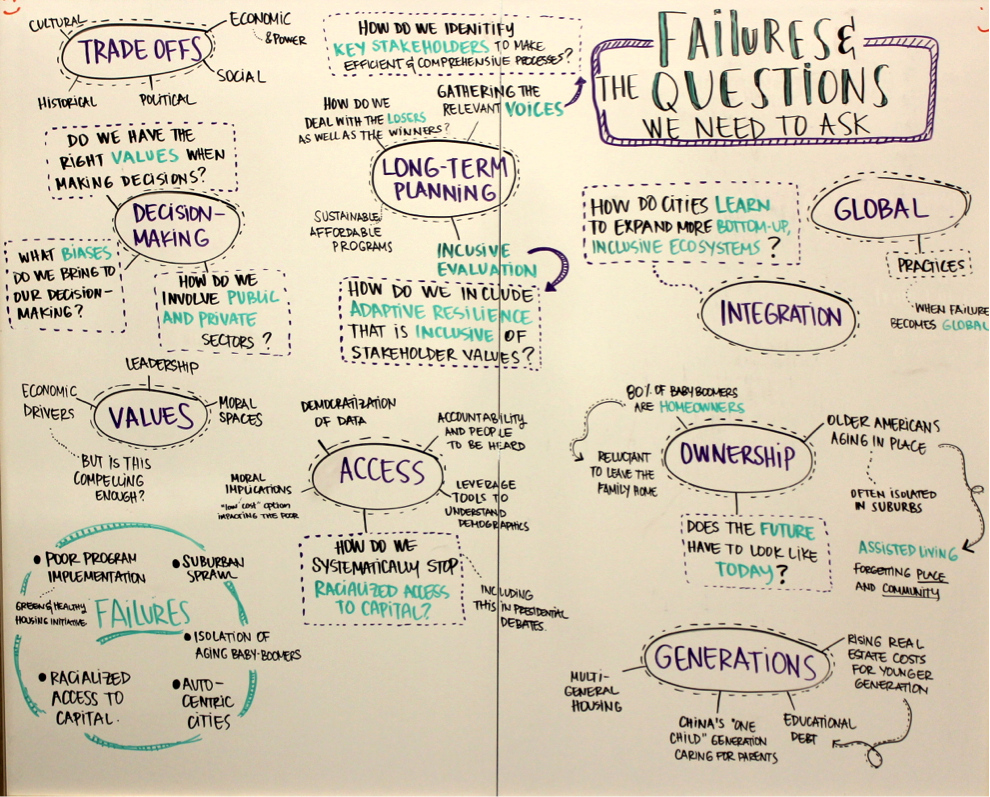
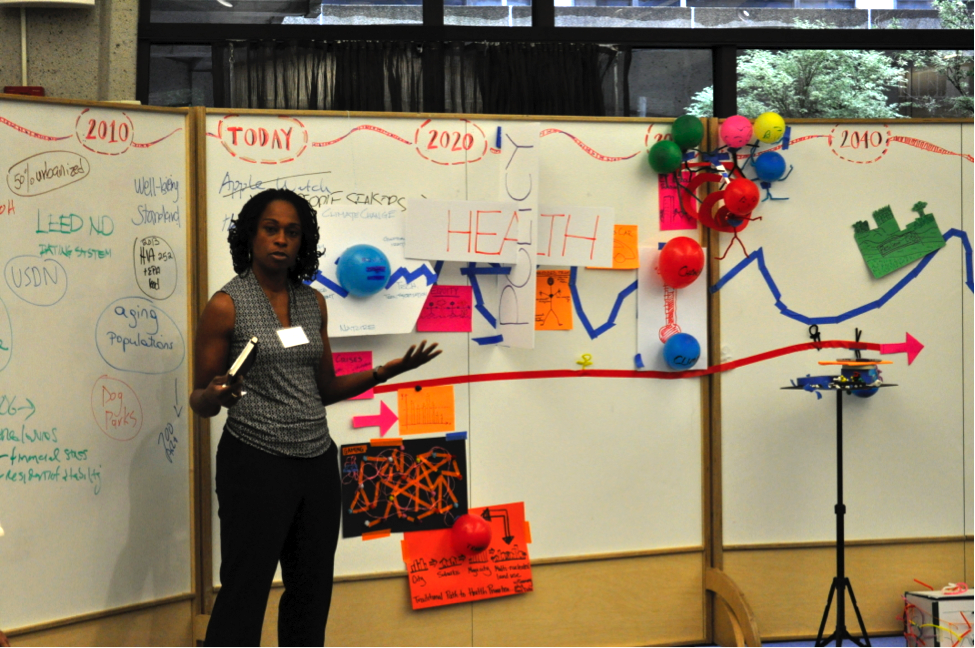
2015
Conference Summary
On June 22-24, 2015, Healthy Future Cities: Scoping Conference convened 40 attendees in public health and planning, members of the foundation community, and nonprofit leaders in the areas of health and sustainability. We collaborated, exchanged ideas and knowledge to frame how the topic of healthy places is dealt with in research and practice and move toward creating new collaborations around healthy places.
Click here to download the conference proceedings [PDF].
Conference Outcomes
One outcome of Healthy Future Cities is the following vision statement, developed by a sub-group of participants:
- All people have the right to live, grow, learn, work and play in places that support health
- People, politics, and policies shape places, and places shape opportunities for health
- Climate change is an urgent threat to health and equity, and must be an opportunity to design places that advance health, economic, and social justice
- Design, research, policy, and health communities must work together to promote healthy, equitable, and resilient places for all
Background
Healthy Future Cities followed almost two years of research, translation and pilot projects integrating dimensions of health and urban place through the Health and Places Initiative (HAPI). During two and a half days, participants worked in “full immersion mode” to answer two key questions: Where is the area of healthy places headed in the next decade or two? Where might Harvard be able to make a difference—through existing resources and new collaborations?
Facilitator
Healthy Future Cities was facilitated by Maurizio Travaglini of Architects of Group Genius. Maurizio specializes in creating workshops to foster innovation and has worked in a variety of forums from the OECD, World Economic Forum, the Bridgespan group, and ArtBasel to Harvard Business School, Audi, General Electric, and Lavazza.
The Health and Places Initiative gratefully acknowledges the Harvard University Asia Center for their support of this conference.




